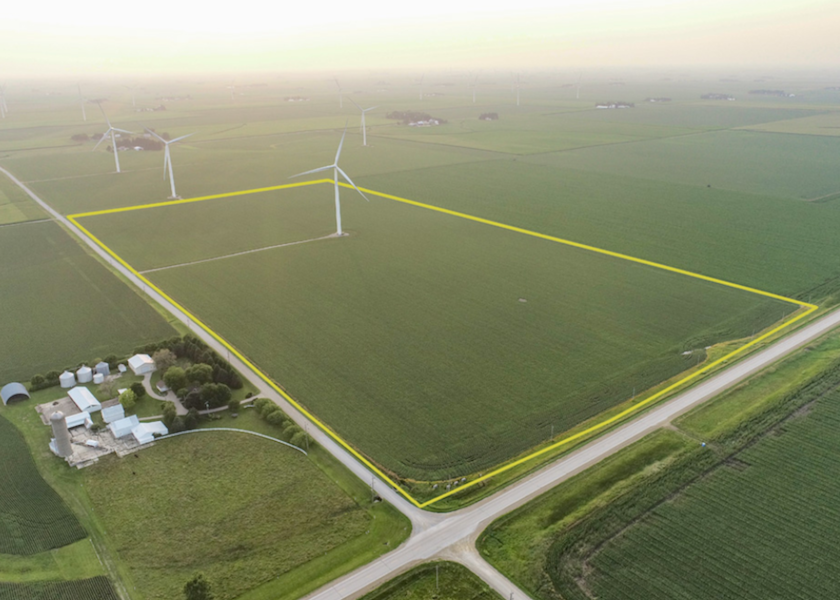Scrutiny of Land Purchases by Foreigners Proposed in New Bill

USDA and the FDA would become members of a powerful U.S. committee that rules on the national security implications of foreign ownership of U.S. assets under a bipartisan Senate bill unveiled on Tuesday. The legislation would also empower the Committee on Foreign Investment in the United States (CFIUS), led by the Treasury, to consider retroactive divestment of real estate owned by foreign entities.
What land proponents say
Sponsors Debbie Stabenow (D-Mich.), chairwoman of the Senate Agriculture Committee, and Sen. Joni Ernst (R-Iowa), said their bill would strengthen U.S. oversight of foreign ownership of U.S. ag land.
Two House committees voted last week to block or heavily tax farmland purchases by foreign adversaries such as China, Russia, North Korea and Iran.
“This bill safeguards our nation’s farmland and food supply by overhauling the system for federal oversight of foreign land ownership,” said Stabenow. Ernst said the legislation would “combat our foreign adversaries, especially the Chinese Communist Party’s malign actions in our own backyard.”
Related story: Who Can Even Legally Buy Farmland in the U.S.?
Foreign entities own 40.8 million acres of U.S. agricultural land, or 3.1 % of the privately owned land in the nation, according to USDA data. Half of the foreign-owned land is forests. Canada accounts for one third of the foreign-owned land. Lawmakers often worry about purchases by China, which owned 347,000 acres at latest count.
What to consider in the bill
Under the bill, the USDA and the FDA would become members of CFIUS, now limited to seven federal departments and the White House, and CFIUS’s powers would be expanded to better consider ag needs when it decides if a purchase would create national security risks.
The bill also would require CFIUS to consider retroactive divestment of real estate and require it to review all ag land purchases in the past three years that exceeded 320 acres or $5 million.







